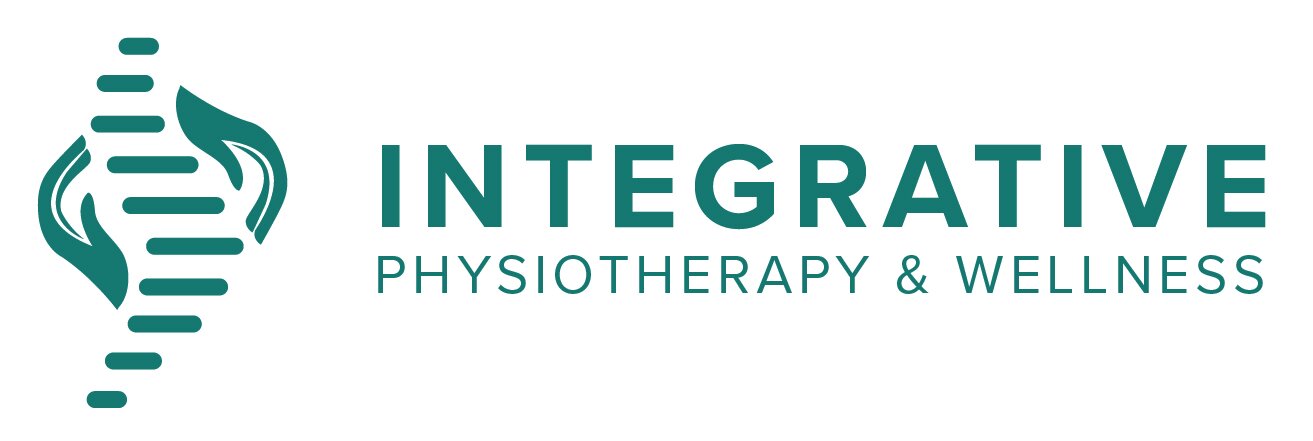Afraid of Needles? Discover How Acupuncture Can Help Without Them
Acupuncture Without Needles: A Surprising Pain Relief Option
If you’re already in pain, the thought of someone placing needles in your body might feel counterintuitive—or even scary. The good news? Acupuncture doesn’t always require needles. At Integrative Physiotherapy & Wellness, our registered TCM Acupuncturist offers a wide range of tools to help your body heal, calm your nervous system, and restore balance—no needles required.
More Than Just Needles: What Acupuncture Really Is
One of the biggest misconceptions about acupuncture is that it’s only about needles. In reality, needles are just one tool in a much broader Traditional Chinese Medicine (TCM) approach.
A TCM acupuncturist does more than treat symptoms—we look for the root cause of pain or imbalance in your body. Unlike physiotherapists or chiropractors who may use dry needling techniques, TCM practitioners make a holistic diagnosis to uncover the deeper reasons behind your pain, stress, or health challenges.
This means your treatment plan is tailored to your unique needs, helping your body re-engage its own natural healing response.
A Whole-Person Approach to Healing
At Integrative Physiotherapy & Wellness, we believe that if something hurts you or makes you anxious, your nervous system will stay on high alert and block healing. That’s why we focus on keeping you calm to heal.
We’ll look at your whole health picture—physical, mental, and emotional—so we can address the bigger story behind your pain or condition. By making connections across different areas of health, we can create a personalized treatment plan that goes beyond symptom management.
Needle-Free Acupuncture Tools You Might Not Know About
Acupuncture is about energy, balance, and communication throughout the body. There are over 361 points connected through 14 meridians (think of them like rivers that link your organs, muscles, and nervous system). Many of these points can be activated without needles.
Here are some of the gentle yet powerful tools we may use:
Acupressure – Gentle pressure on key points (many below elbows, knees, and head).
Auricular therapy – Tiny seeds or electrostimulation on the ear, which has over 200 points linked to your body and brain.
Gua Sha – A smooth tool to loosen tight areas and stimulate circulation.
Cupping – Suction cups that release muscle tension and promote healing.
Far Infrared Heat Therapy – A soothing lamp or heated bed to support recovery.
Diet & Herbs – Simple food and tea recommendations to restore balance.
Qi Gong – Movement and breathing techniques to calm the nervous system.
Tuina – Chinese massage techniques to ease tension.
Lifestyle Tips – Guidance on living in harmony with the seasons.
Why Choose Acupuncture Without Needles?
Whether you’re struggling with chronic pain, stress, digestive issues, or sleep problems, acupuncture offers a gentle and holistic path forward. If you’re nervous about needles, you don’t have to miss out on these healing benefits—there are plenty of alternatives.
Book a Free Call with Our Acupuncturist in Barrie
Still curious? Not sure if acupuncture (with or without needles) is right for you?
Book a free 15-minute phone consultation with Sue, our Registered TCM Acupuncturist, to chat about your concerns and learn how we can help.
At Integrative Physiotherapy & Wellness, we’re here to support your health journey—without fear, and without needles if that’s your preference.
Written By: Susan Paterson. Registered Acupuncturist
References:
Efficacy of Cupping Therapy on Pain Outcomes: An Evidence-Mapping Study. (n.d.). PMC / Frontiers. Summarizes evidence quality and conditions in which cupping shows benefit.
Dry Cupping for Musculoskeletal Pain and Range of Motion: A Systematic Review & Meta-Analysis. (n.d.). (Examines dry cupping specifically for neck pain and non-specific low back pain)
Is Cupping Therapy Effective in Patients with Neck Pain? A Systematic Review. (n.d.). BMJ Open / PubMed. Finds reductions in neck pain with cupping vs controls, but low evidence quality.
Recent Trends in Acupuncture for Chronic Pain: A Bibliometric & Review Study. (2023).
Acupuncture for chronic pain: an update and critical overview. (n.d.). (Examines support for acupuncture across pain conditions, limitations, and future directions)

